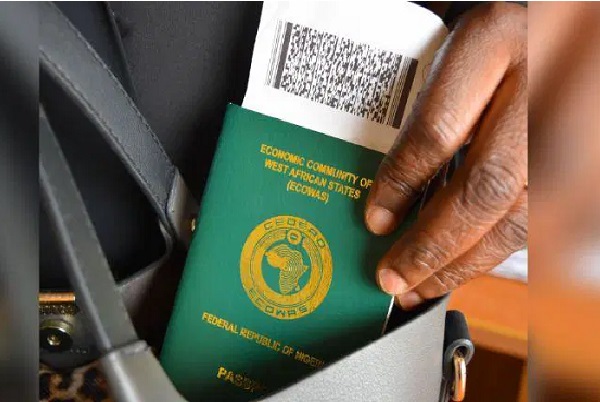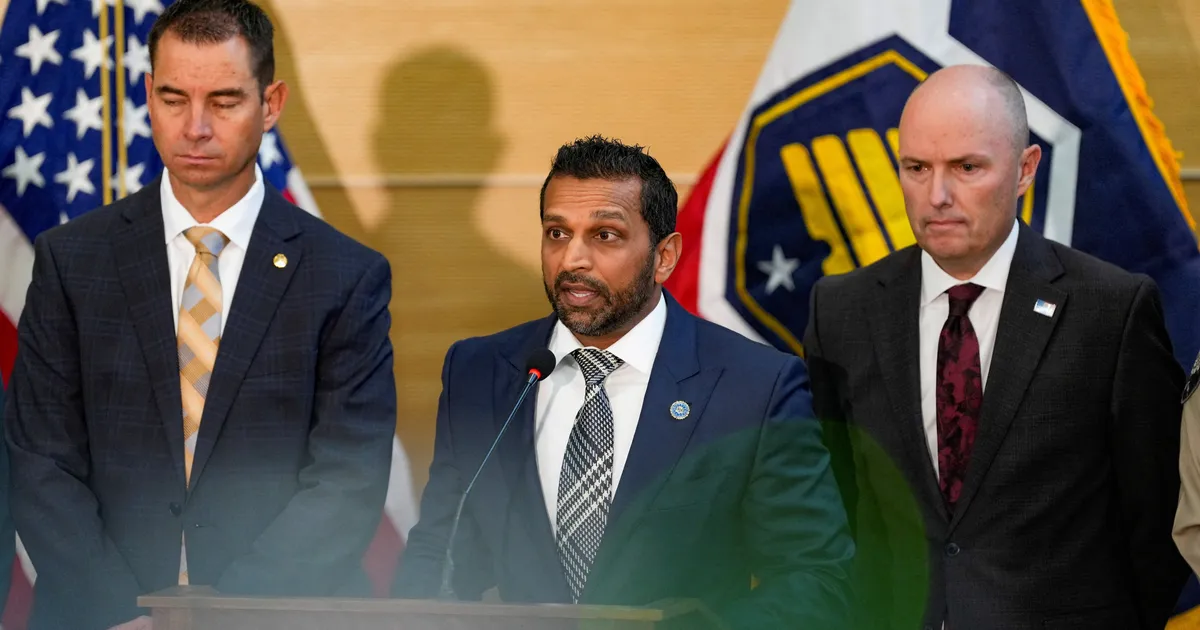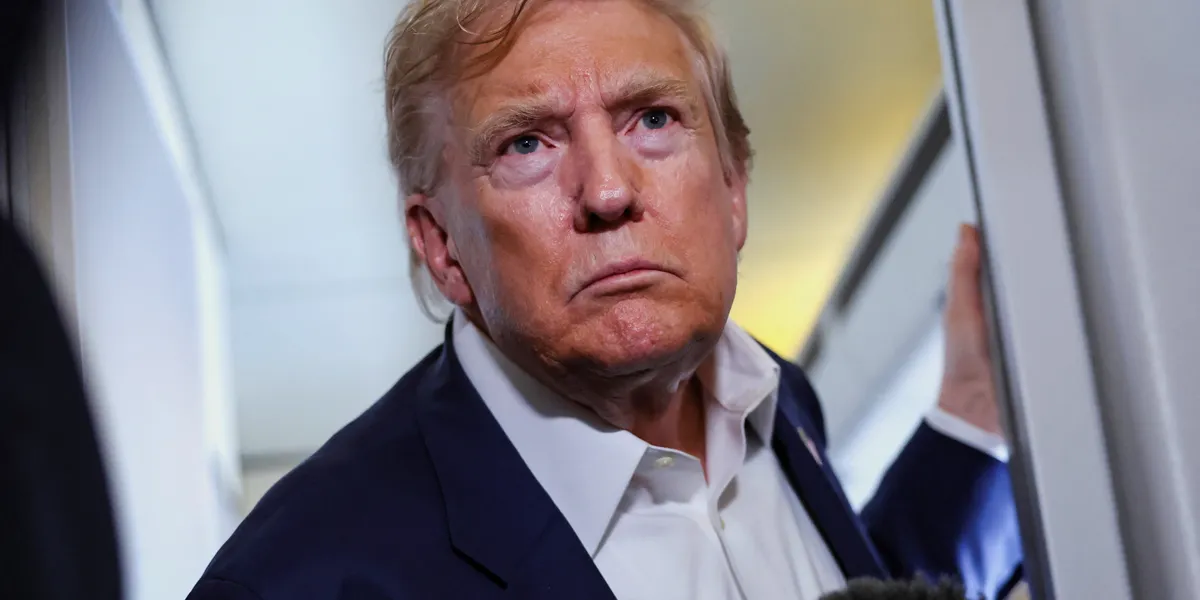By Comments,The Nation
Copyright thenationonlineng

SIR: Nigeria has increasingly become a cultural and human resource exporter of talent, innovation, and expertise. From music (Burna Boy, Tems, Davido), sports (Anthony Joshua, Noni Madueke, Bukayo Saka, Michael Olise, Eberechi Eze), literature (Chimamanda Ngozi Adichie), and science (Bennet Omalu, Maggie Aderin-Pocock) to politics (Kemi Badenoch in the United Kingdom), Nigerians and people of Nigerian descent are leaving indelible marks across the globe.
Yet, many of these achievers are “Nigerian” only by heritage. They hold foreign passports, often have little or no direct connection to Nigeria beyond their ancestry, and sometimes even downplay their Nigerian roots. This tension raises a critical question: what does it mean to be Nigerian in a globalized world—blood, birthplace, or belonging?
These individuals have showcased remarkable resilience, adaptability, and talent. Their “Nigerian-ness” has become a global brand, even when their citizenship is foreign. Watching English football today—with names like Bukayo Saka, Eberechi Eze, Noni Madueke, and Ethan Nwaneri—one might mistake the Three Lions for a Nigerian side. Yet, all of them carry British passports and represent England at the highest level.
In politics, British Conservative politician Kemi Badenoch, despite her Nigerian heritage, often distances herself from her roots, sometimes in ways critics interpret as negative portrayals of Nigeria. Still, her Nigerian origin cannot be denied, and her rise illustrates the paradox of identity abroad.
Read Also: State creation: Nwoko urges Anioma indigenes to accept Igbo identity
The 1999 Constitution provides clarity on citizenship. Chapter III, Section 25 defines Nigerian citizens by birth as those born in Nigeria to Nigerian parents or grandparents, those born abroad to Nigerian parents, and those with ancestral ties to indigenous Nigerian communities. Sections 26 and 27 address citizenship by registration and naturalization, respectively.
Yet, constitutional recognition often contrasts with lived realities. For example, when the Super Falcons won their 10th Women’s Africa Cup of Nations (WAFCON) title in Rabat, Morocco, questions arose over the eligibility of players like Ashleigh Plumptre and Michelle Alozie. Despite holding British and American passports, both were challenged as “non-Nigerians.” CAF ultimately upheld their eligibility, since Nigerian law permits dual citizenship and their heritage is undeniably Nigerian.
Being Nigerian extends beyond legal documents—it is cultural, ancestral, and experiential. In May, footballer Eberechi Eze married his longtime partner, Izuthe Mulatto in London. Though born British, the wedding was deeply Nigerian in character—from the attire to the music and cuisine—all rooted in Igbo cultural traditions. Such moments reveal that Nigerian identity often finds expression through heritage, not just citizenship.
This raises a broader philosophical question: is Nigerian identity defined by blood, birthplace, or
In recent years, the phenomenon popularly known as Japa—a Yoruba term meaning “to escape”—has accelerated. Frustrated by slow economic growth, insecurity, poor governance, and limited opportunities, many young Nigerians have migrated in search of better lives abroad.
This exodus has contributed to significant brain drain, with Nigeria losing some of its brightest and most skilled citizens. The country continues to forfeit the expertise, creativity, and innovation of a generation that could otherwise drive national progress.
Despite this, the Nigerian diaspora has become one of the country’s greatest assets. Beyond their individual achievements, diaspora communities provide immense financial support through remittances. According to the World Bank (2024), Nigeria received approximately $20.5 billion in remittances in 2023, making it Africa’s largest recipient and placing it among the top ten globally. These inflows surpassed oil revenues at certain points, serving as an economic lifeline for millions of households by funding education, healthcare, and community development.
Diaspora remittances are not merely financial—they represent Nigeria’s global soft power. Whether through professional expertise, cultural influence, or networks in politics and business, the Nigerian diaspora constitutes an underutilized resource for national development.
The paradox of Nigerian identity abroad lies in this contradiction: Nigerians thrive globally, yet many do so under foreign flags, holding foreign passports, and often identifying more with their host countries than with Nigeria itself. Nevertheless, their cultural heritage continues to shape their lives and achievements, whether they acknowledge it publicly or not.
For Nigeria, the challenge is clear: to transform its relationship with its diaspora from passive admiration to active engagement. Harnessing this global community’s wealth, knowledge, and influence could redefine Nigeria’s place in the world.
Until then, Nigerian identity will remain a paradox—celebrated abroad as a source of pride, but complicated at home by issues of governance, opportunity, and belonging.
Anagba, Joseph Obidi Abuja.



